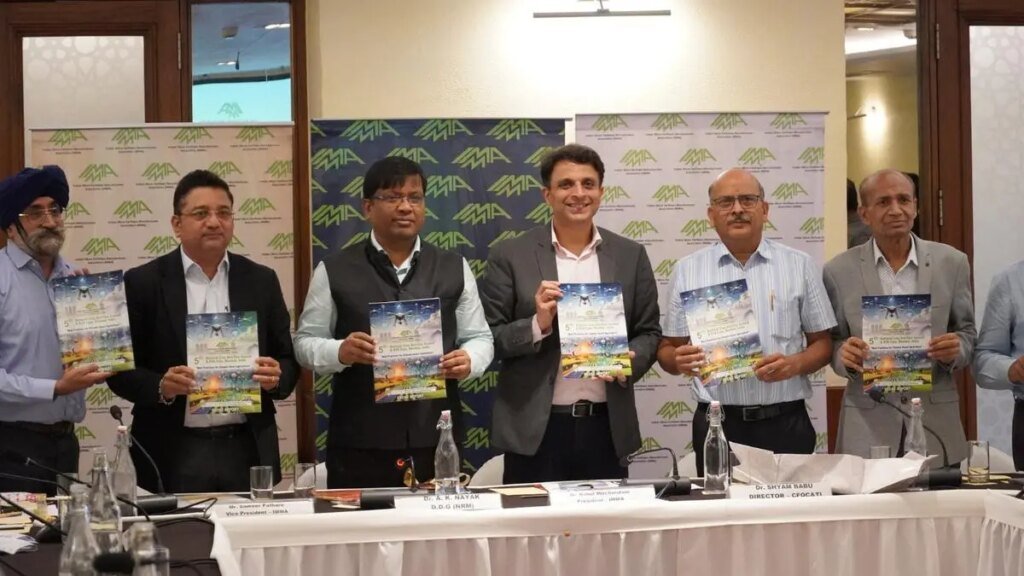The Indian Micro-Fertilizers Manufacturers Association (IMMA) has called for the decriminalisation of non-subsidised fertilizer violations.
The association has proposed that non-subsidised fertilizers should be removed from the Essential Commodities Act (ECA), as there is no longer any shortage of fertilizers or food in the country.
The ECA has served its purpose, and its punitive provisions now act as a deterrent for new players in the industry, participants at a Business-to-Government (B2G) Roundtable Conference, hosted by IMMA in New Delhi, said.
Former Law Officer H.P. Singh said subsidy status shouldn’t be the criterion for criminalisation. “It’s time to define minor versus major violations and introduce compounding provisions,” he said.
Officials from concerned ministries were receptive and indicated readiness for inter-ministerial consultations to incorporate IMMA’s legal proposals under the Essential Commodities Act (ECA).
State-notified fertilizer grades
Rahul Mirchandani, President of IMMA, said while subsidised fertilizers may continue under the Act due to government support, non-subsidised products should be governed by market-driven regulations.
The association called for the immediate updating of State-notified fertilizer grades. It has emphasised leveraging open-source soil health data to build State-specific formulations.
A K Nayak, Deputy Director-General– Natural Resource Management, Indian Council of Agricultural Research (ICAR), said: “Sustainable and optimal soil health management requires updated nutrient formulations.”
He said inclusion in the Fertilizer Control Order Schedule should be backed by efficacy data instead of relying solely on truthful labelling.
Worry over bio-stimulant norms
The conference expressed concern over bio-stimulant regulation, especially post-enforcement of the June 16 norms. Industry stakeholders pointed to transitional gaps and sought immediate measures.
Shyam Babu, Director of the Central Fertilizer Quality Control and Training Institute, Faridabad, acknowledged the challenge. He said ongoing training of labs and chemists will narrow the readiness gap. Babu assured support in co-developing qualitative testing kits for on-site verification.
On the other hand, the industry recommended allowing the sale of pre-June 16 stock until expiry and provisional approval of labs accredited by the National Accreditation Board for Testing and Calibration Laboratories (NABL) till labs in the States are fully ready. Debashis Mandal, Head – Soil Science, ICAR-Pusa, said this would significantly boost trust among farmers and agri-dealers.
The roundtable strongly called for a unified digital licensing mechanism under the “One Nation, One Licence” framework. Mirchandani proposed a centralised repository to eliminate repetitive document submissions and enhance transparency. Major fertilizer associations supported this and agreed to jointly develop a white paper to push the reform agenda.
Hurdle for Make in India
He called for a unified digital platform, where all state-level licensing processes can be completed in one place for ease of doing business.
On export policy, the association urged for removing non-subsidised fertilizers from the restricted list. “India has the technology, quality, and cost advantage to be the fertilizer factory of the world,” said Mirchandani.
Vaibhav Kashikar, Past President of IMMA, said: “The current export permit system is obstructing Make in India. We must enable global access for our non-subsidised products.”
He said the association will collate the inputs into actionable proposals and follow through with all departments concerned. The event brought together policymakers, researchers, industry leaders, and regulatory institutions for a structured discussion across six critical themes.
Published on August 5, 2025

